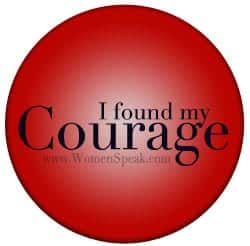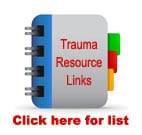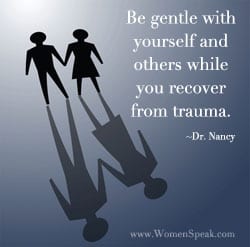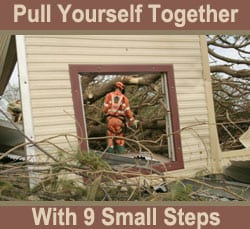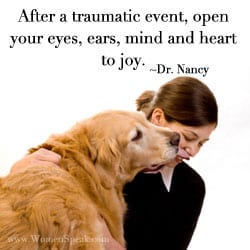
If you are like me you have watched TV news and felt overwhelmed by the devastation of the recent disaster. This has become a familiar scene — men, women and children finding themselves without their homes, their businesses and their beloved communities. Disasters just suck…there is no better way to say it.
Being a Trained TraumatologistI have seen this up close and personal. I am a crisis responder and a trained traumatologist. I have been all over the United States. I have helped in communities in California where fires burned thousands of homes. I have worked in New York and New Jersey helping families that lost loved ones to the bombings of the Twin Towers. I have been to New Orleans and Florida after hurricanes took lives and damaged miles and miles of homes and property. I have helped in communities in my own Missouri and driven down the road to Joplin and Pierce City to help people recover from the worst of the worst conditions. Does it get easier to do trauma work?No, it does not. How Do I Cope with Disasters?One of the most common things I have witnessed in such uncommon times is that in general, people do very well with disasters. It prompts them to reflect. All their concerns about material stuff fly right out the window. Some people find their faith challenged. Others literally lose their faith and blame God for all the bad things that have happened to them. But overall, I have seen that faith generally grows and people find a bright light in all the darkness. The faith journey is like the cross that people erected at Ground Zero at the Statue of Mother Mary holding a rosary in her unbroken hands, which became a holy place. People pull together, their strength grows in determination and they burn with a renewed fire to not give up. How Do I Deal with Loss?Some of the most enduring losses people grieve are the mementos, the photos and precious objects that belonged to their beloved mother or father. Of course, the deepest pain surrounds the loss of family ties, the agony of losing a loved one. How Do I Survive Devastating Losses?So, what do they do to survive such devastating losses? They learn a new normal and they go on. They discover a new way to do things, they rebuild, they move into a new home, they learn new ways, they get angry, they get sad and they get depressed. They experience every emotion in Elizabeth Kubler-Ross’s theory of death and dying: shock, bargaining (this cannot be true), anger, depression and eventually some of kind of acceptance. Loss is loss and we have similar reactions even while each of us is a unique individual. After a Disaster, Will Things Get Back to Where They Were?No, you never get back to where you were. For some life gets better, others remain trapped in their grief. I like to think that with each loss, with each disaster, we learn a little more about making better rescue efforts, providing better recovery services, and supporting amazing organizations like the Red Cross, Salvation Army and Catholic Charities. |
I Found My Courage BadgePlease feel free to use this badge. We do ask that you link it back to our site. Trauma Resource Links
Trauma Related ArticlesTrauma Related Podcasts
|

